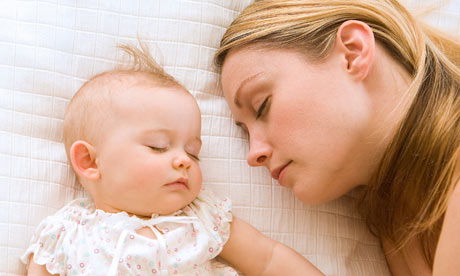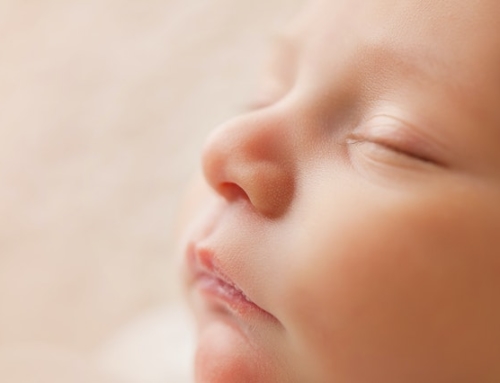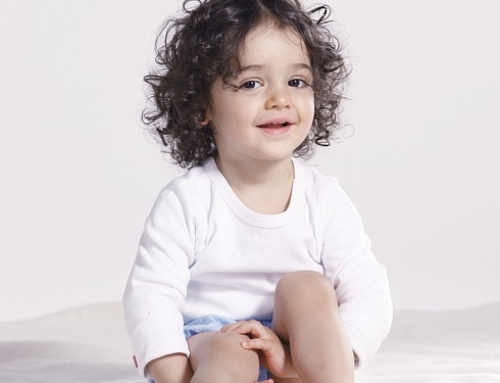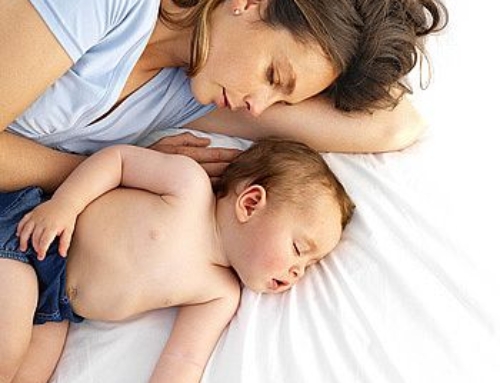
Parents today have often been bombarded by other parents telling them the things they need to do to improve their child’s sleep. Often these things are based on cultural norms which inform on things like sleeping location, sleep training, feeding surrounding sleep, and so on. Many families end up worried they are doing something wrong because so many others tell them they are. They hear families telling them how happy they are and how much sleep they are getting and all these behaviours that felt so normal, so instinctive, and so right suddenly seem questionable.
The problem is that there are many scientifically-backed reasons to just flat-out ignore these families. So before you let one more person worry you, let’s look at why these people’s statements mean absolutely nothing.
Parents Suck at Reporting On Infant Sleep
Yep, they do. Parents think their kids sleep a whole lot more than they do and this is compounded by several factors, including feeding type. In general though, parental measures of sleep are poorly related to objective measures of sleep, including actigraphy
As mentioned, this reporting is also affected by feeding type. Specifically, mothers who are breastfeeding are more accurate than formula-feeding mothers, who tend to overestimate their infant’s sleep, both total sleep time and longest stretch[3]. Importantly, in this study there were actually no differences in objective sleep by feeding type; however, there are studies which have found that babies who engage in nighttime breastfeeding (which is totally normal) wake more than non-nighttime breastfeeding babies[4]. Thus if you’re a breastfeeding mom being told all about how great a formula-feeding baby’s sleep is, you can smile, let them be happy, and know she’s probably way off because her baby is likely sleeping the same as yours, or if not, it’s because your baby is getting breastmilk and that is something that shouldn’t be ignored.
The other factor that is often mentioned is infant location, yet there is little evidence that this affects infant sleep very much[4] (also, [3]). This recent research looking at sleep quality of sleep location (room-sharing versus solitary sleeping) found that there was a small difference in the longest duration of sleep with solitary sleeping infants showing a slightly longer stretch, but no difference in any other sleep variable. (Note there were differences in maternal sleep, but this is discussed in another piece.) This means that if you’re happily sleeping with your baby in your room and told to get your baby out to improve his or her sleep, you can kindly tell people that won’t be necessary.
Cultural Norms for Sleep are Not Biological Norms
Two words: Jim McKenna. He has spent his career emphasizing the need for us to examine infant sleep through an evolutionary or biological lens and that many of the factors we think are good may not be. For example, it is not biologically normal for infants to spend long periods of time in deep sleep and may, in fact, signal a problem. It is very normal for infants to rouse to breastfeed often (‘breastsleeping’) and modifying this can have implications we aren’t even aware of, but certainly have implications for breastmilk production and duration of nursing. Dr. McKenna has covered so much on normal infant sleep, I simply suggest you check out his work for more[5].
If you are breastfeeding, co-sleeping, responding to your child, and all those lovely ‘crunchy’ things, you are doing what our species has evolved to do. Remember that the changes we have placed on infant sleep do not stem from their well-being, but from cultural changes that reflect a priority being put on industrial work and not family. Children must now fit into a society that values productivity and getting them to seem more independent is the overarching goal, not their overall well-being. For more on this (as it’s a huge topic), I strongly recommend Dr. Cecilia Tomori’s book Nighttime Breastfeeding.
The Third-Variable Problem
Despite all our platitudes to the opposite, we really seem stuck in our culture thinking that all babies and infants are the same and will/should sleep the same, but we forget that we can’t just compare sleep and babies as if they are the only two variables in the equation. This ignores so many variables that are linked to sleep, including:
- Health-related issues
- Feeding-related issues
- Temperament
- Natural sleep cycles (e.g., early risers versus late night owls)
- Stimulation during the day
- Sensory sensitivity
The first three in particular are huge factors that impact sleep and should be regularly considered by families if trying to make comparisons. The family with the easy-going baby are going to have an easier time with sleep than the family with the high-needs baby. The baby with a tie or latch issue will wake more to feed than the baby without it. The toddler with sensory issues will struggle with sleep more than the toddler without these same issues.
***
We have to stop trying to think our child should be more like others and look at who our child is and how we can work with them and accept them for who they are. Someone telling you that your kid should be more like theirs is asinine. You are raising your child. If they can’t help but give you advice, I strongly recommend being aware of something your child is doing that theirs isn’t and telling them they should really be working on that. You can see how much they enjoy that one.
References
[1] Tikotsky L, Volkovich E. Infant nocturnal wakefulness: a longitudinal study comparing three sleep assessment methods. Sleep 2018; in print: https://doi.org/10.1093/sleep/zsy191.
[2] Camerota M, Tully KP, Grimes M, Gueron-Sela N, Propper CB. Assessment of infant sleep: how well do multiple methods compare? Sleep 2018; 41: https://doi.org/10.1093/sleep/zsy146. [3] Rudzik AEF, Robinson-Smith L, Ball HL. Discrepancies in maternal reports of infant sleep vs actigraphy by mode of feeding. Sleep Medicine 2018; 49: 90-98. [4] Volkovich E, Bar-Kalifa E, Meiri G, Tikotzky L. Mother-infant sleep patterns and parental functioning of room-sharing and solitary-sleeping families: a longitudinal study from 3 to 18 months. Sleep 2018; 41: https://doi.org/10.1093/sleep/zsx207. [5] Dr. McKenna’s Sleep Site with citations can be found here: https://cosleeping.nd.edu/





Brilliant article thankyou! I have been advised by so many to begin sleep training my 13 week old, EBF and co-sleeping baby who is doing absolutely fine after reading this! Thankyou for empowering me to back myself as a FTM xx